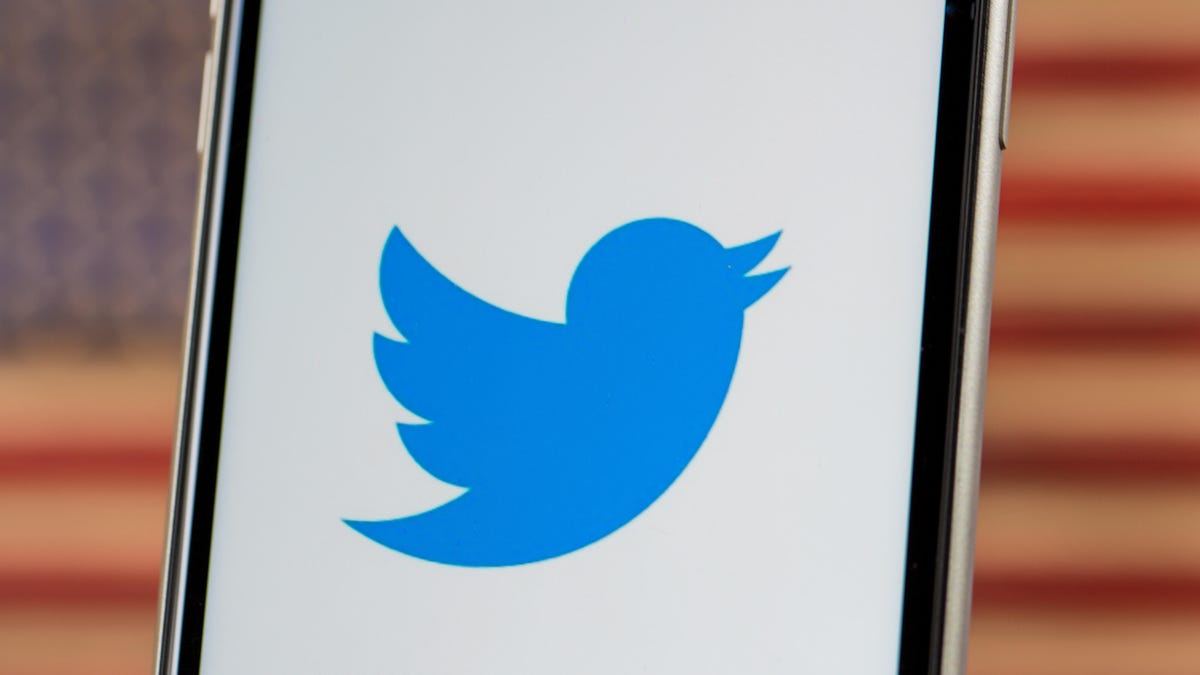Twitter lays out plan to protect the election from false or misleading tweets
Yes, that includes tweets declaring victory prematurely.

Twitter is clarifying its policies surrounding false or misleading tweets ahead of the election.
With the 2020 election just 54 days away, Twitter is turning its attention to misleading tweets aimed at spreading misinformation ahead of the vote, and telling users what it plans to do about them.
"The public conversation occurring on Twitter is never more important than during elections and other civic events," reads an update to the platform's civic integrity policy. "Any attempts to undermine the integrity of our service is antithetical to our fundamental rights and undermines the core tenets of freedom of expression, the value upon which our company is based."
To that effect, the company is taking steps to make clear exactly what sorts of tweets violate those core values, and what the platform will do about them.
"The consequences for violating our civic integrity policy depends on the severity and type of the violation and the accounts' history of previous violations," the policy now reads. Twitter reserves the right to delete tweets that violate the policy and to temporarily lock offending users out of their account. Repeat offenders may also be permanently suspended, Twitter adds.
In circumstances where Twitter doesn't remove content that's in violation of the policy -- as has happened when such tweets come from President Donald Trump's account -- the company reserves the right to add a label beneath the tweet identifying it as misleading, and to warn users before they like or share the tweet. Twitter may also reduce the visibility of the tweet, or prevent the platform's algorithms from recommending it.
So what types of tweets are a no-go? Specifically, the policy now addresses four categories of misleading behavior regarding elections and other civic processes, like the census and ballot initiatives. Twitter considers all of these to be in violation of its policies:
- Misleading information about how to participate: This includes tweets with misinformation about how or when to vote, as well as any misleading claims causing confusion about the laws and regulations that address participation in such civic processes.
- Suppression and intimidation: This includes all false or misleading tweets intended to intimidate or dissuade people from participating in an election or other civic process, including claims about long lines, police activity and process requirements. Outright threats are included as well, though Twitter notes that those might already be covered by the platform's violent threats policy.
- Misleading information about outcomes: This includes misleading tweets intended to undermine public confidence in the outcome of key civic processes like elections, such as, "unverified information about election rigging, ballot tampering, vote tallying, or certification of election results." Twitter also warns against "claiming victory before election results have been certified" or "inciting unlawful conduct to prevent the procedural or practical implementation of election results."
- False or misleading affiliation: Twitter warns against fake accounts that misrepresent their affiliation to a candidate, elected official, political party, electoral authority or government entity, and directs users to its policies on parody, fan accounts and commentary.
Twitter also gives the following examples of tweets that wouldn't be in violation of its policies, including:
- Inaccurate statements about an elected or appointed official, candidate or political party.
- Organic content that is polarizing, biased, hyperpartisan or controversial.
- Discussion of public polling information.
- Voting and audience participation for competitions, game shows or other entertainment purposes.
- Using Twitter pseudonymously or as a parody, commentary or fan account to discuss elections or politics.
For more details, you can find Twitter's entire civic integrity policy here.

